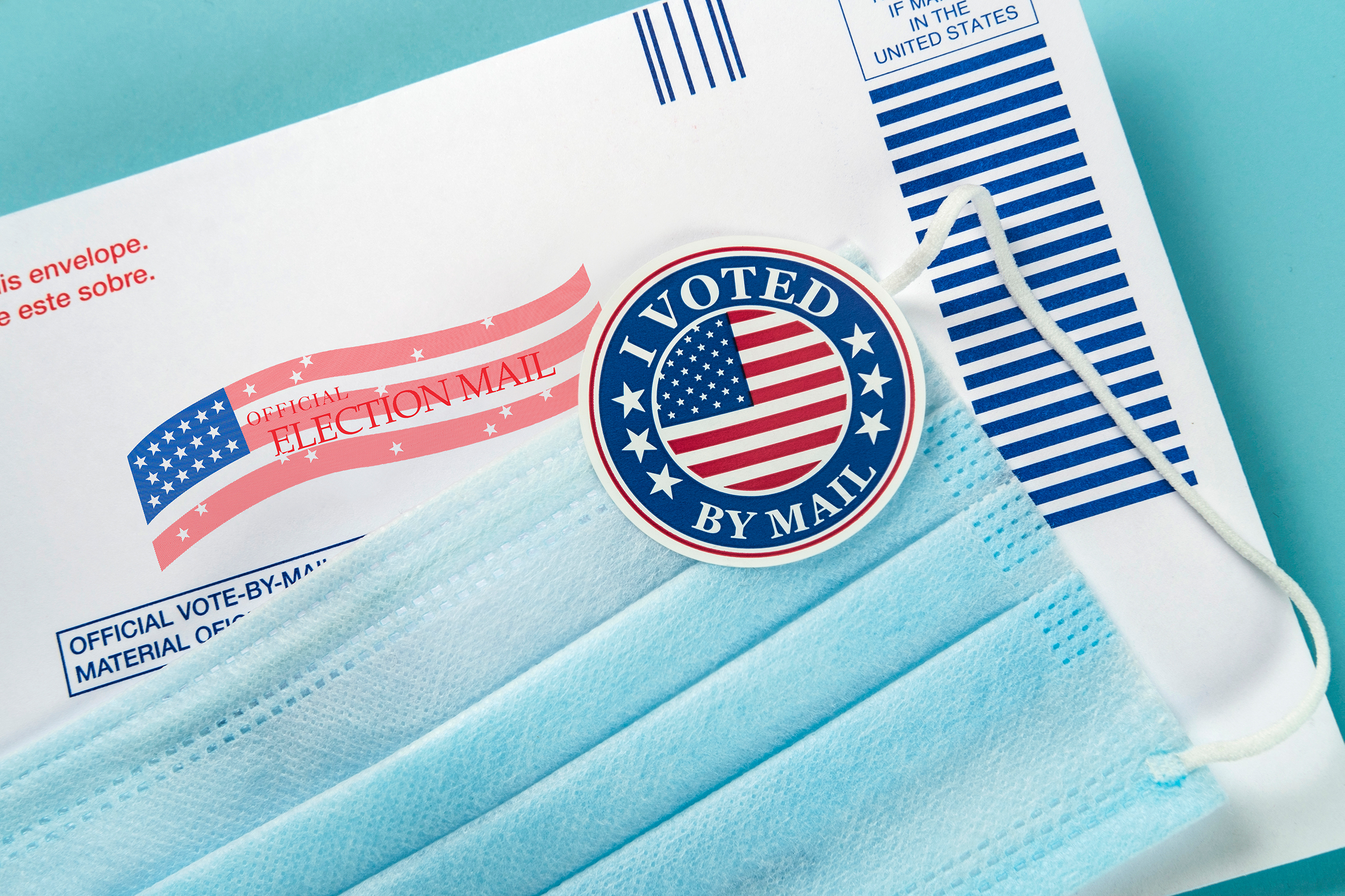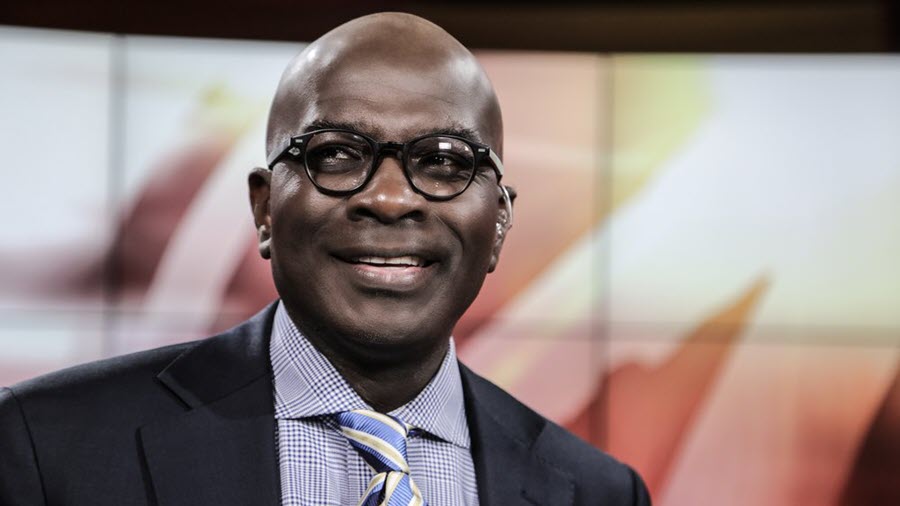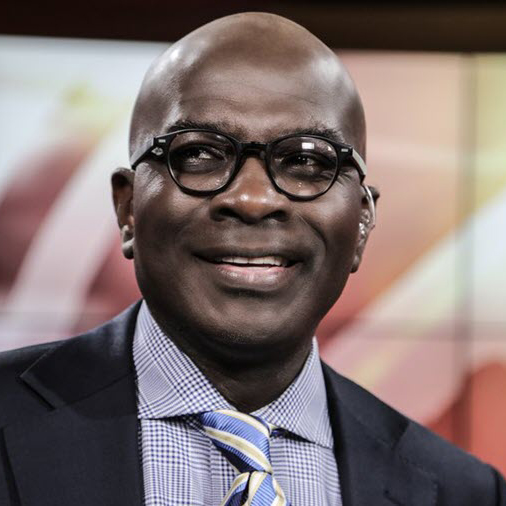What Changes Will the 2020 Election Bring to the FCC and Broadcasters?

The smarter way to stay on top of broadcasting and cable industry. Sign up below
You are now subscribed
Your newsletter sign-up was successful
Times are hard on broadcasters. Mounting competition from the tech giants, non-stop political turmoil, civil unrest, elections, market uncertainty, and of course the COVID-19 pandemic have all swallowed 2020 whole – and we still have two months left! Once the election is over – and only the Good Lord knows when that may be since many experts are telling us there will be no final results on the night of Nov. 3 – the television industry will be anxious to see what direction the FCC will take.
The Trump Administration and the FCC under Chairman Ajit Pai have generally followed a deregulatory trend. The repeal of net neutrality, loosening broadcast ownership restrictions under the Quadrennial Review, and removing antiquated regulations – like the main studio and minimum staffing mandates – are just a few examples.

Under a Biden Administration it seems clear net neutrality will again be pursued. Hard to imagine the benefits of having the FCC regulate internet services as a 1930s-style public utility under Title II regulations. A sure innovation killer.
A Biden Administration may also undermine the FCC’s appeal of the 3rd Circuit’s Prometheus Radio Project decision voiding the 2016 Quadrennial Review, which eliminated the newspaper/broadcast and television/radio cross-ownership rules and removed the eight voices test from the local television ownership rule. This appeal is particularly important for television broadcasters because they uniquely face overwhelming competition from the tech giants – Google, Amazon, Facebook, and Apple – and the titans of telco – AT&T, Verizon, and Sprint/T-Mobile. Unless they are freed from the FCC’s Depression Era limits, the industry will surely go the way of the newspaper industry and extinction.
The television industry also needs to see the deregulation of joint sales agreements (JSAs) and shared service agreements (SSAs). In November 2017, the FCC under Pai repealed the attribution rules for TV JSAs, removing the Wheeler Era regulation that attributed such agreements as “ownership” interests under the duopoly limits. That decision was overturned in 2019 by the 3rd Circuit Court of Appeals (along with other changes to the ownership rules noted above) and remanded the proceeding to the FCC for further consideration.
As one of the very few African-American television operators, I know firsthand that the biggest obstacle to increasing diversity and minority ownership is access to financing and solid mentoring. Repeal of the JSA and SSA limits will reduce that obstacle, allow new entrants to work with experienced broadcasters in the same market, and expand ownership opportunities. The FCC for almost 50 years has given lip service to expanding diversity and minority opportunities, so I hope the FCC turns in that direction and allows the return of JSAs and SSAs.
Alas, we will have to wait and see what the Nov. 3 election brings us.
The smarter way to stay on top of broadcasting and cable industry. Sign up below
Armstrong Williams is manager and sole owner of Howard Stirk Holdings I & II Broadcast Television Stations and the 2016 Multicultural Media Broadcast Owner of the year.
Armstrong Williams is a principal owner of the Baltimore Sun and manager/sole owner of Howard Stirk Holdings I & II Broadcast Television Stations.

